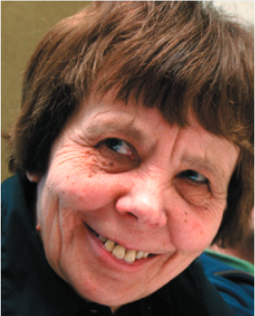The State of General Education: a Primer for Future Framers of Education
The article gives an overview of the academic results of students at Estonian general educational institutions in comparison with international results, and describes the risks posed to Estonian general education.
The international comparative studies TIMSS (Trends in Mathematics and Science Study) and PISA (Program for International Student Assessment) are the most authoritative and global educational studies. Estonia joined these studies only recently. The results of the studies force one to acknowledge that Estonian general education is a case of contradictions. On one hand, our students’ academic results are remarkably good in international comparison, but on the other hand students show signs of fatigue and bore-dom, often tend toward violence and use unconstructive coping strategies, and students’ psychological well-being at school is on a poor level. A large number of these aspects can be attributed to changes in the school as an institution and the scholastic atmosphere in recent decades, most described by schools’ narrow spectrum of values, with the overwhelming priority being placed on academic success and a shortage of trust in relations between stu-dents and teachers. From the standpoint of educational policy, the conflicts set forth in the article show that a systematic approach to education is needed and that equilibrium must be retained between the various aspects of education.


